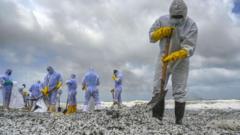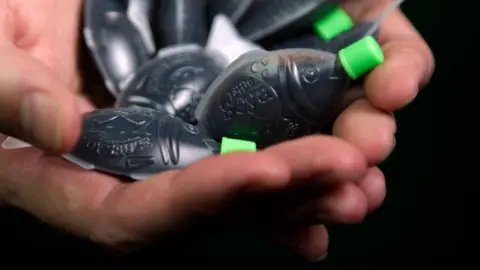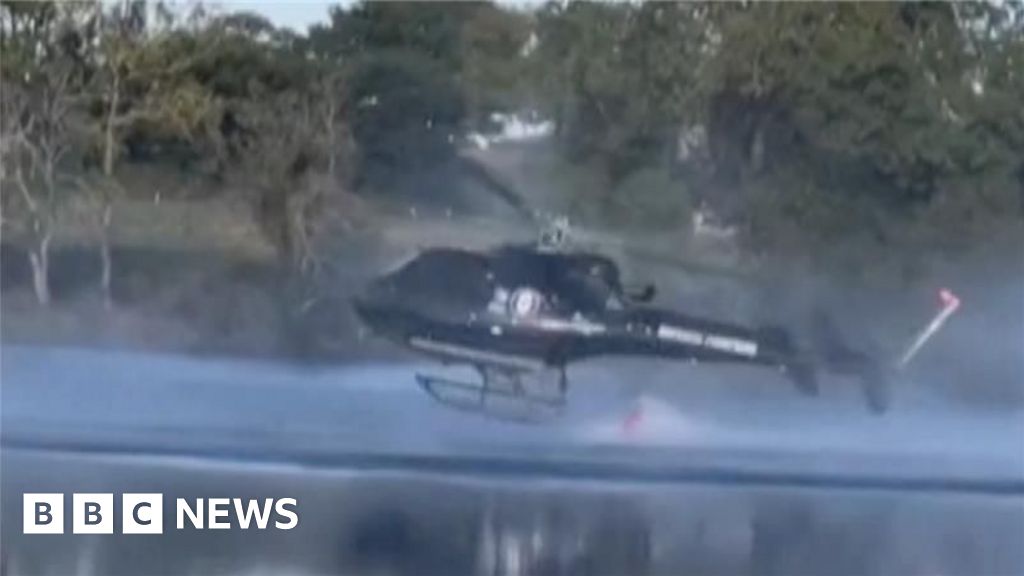Amid growing concerns four years after the X-Press Pearl disaster, Sri Lanka is grappling with the environmental aftermath of the largest plastic spill ever recorded. The incident occurred in May 2021 when the cargo ship sank off the island nation's southwestern coast, subsequently releasing billions of tiny plastic pellets known as nurdles, as well as hazardous materials like engine fuel, acid, and toxic metals into the ocean.
Local volunteers have been tirelessly sifting through the sand, collecting kilograms of nurdles each week, but the efforts to remove these plastic granules have become increasingly challenging as they bury themselves deeper into the shoreline. David Megson, a researcher from Manchester Metropolitan University, raised alarm about the deteriorating condition of the nurdles, which appear to be absorbing additional toxins from the surrounding ocean.
After initially mobilizing large volunteer clean-up teams that collected hundreds of kilos daily, the diminishing returns led to a gradual reduction in efforts, ultimately leaving the cleanup in the hands of state-organized teams. As this delay continues, experts point out a growing concern that the ingested nurdles can pass on pollutants to marine organisms, which may pose risks to both wildlife and human health.
Local fishermen report drastic declines in fish populations since the disaster. Jude Sulanta, a local fisher, lamented on the toll the disaster has taken on his livelihood, stating, "We've never had the same amount of fish that we used to catch." The dire situation has forced many fishermen to consider leaving the industry altogether.
Despite the Sri Lankan government pursuing legal action against X-Press Feeders Ltd. for insufficient compensation, the ship's owners claim to have adhered to necessary protocols during the incident and have already paid substantial funds for cleanup operations. However, the Sri Lankan government argues that the amount paid is inadequate to address the long-term, multifaceted damages incurred by the disaster, which environmental economist Prof. Prashanthi Guneeardena estimates could total over $6 billion.
While the Supreme Court ordered an initial payment of $1 billion for economic and environmental damages, the ship owner has expressed disappointment with the ruling and is evaluating its legal options. For local communities, the uncertainty of the situation clouds their future, as many fishermen ponder a life outside of their ailing trade, reflecting the deep-seated call for justice long overdue in the face of ongoing ecological and economic devastation.



















